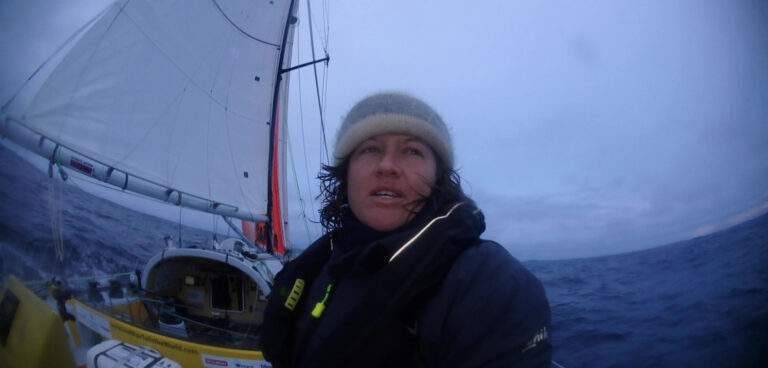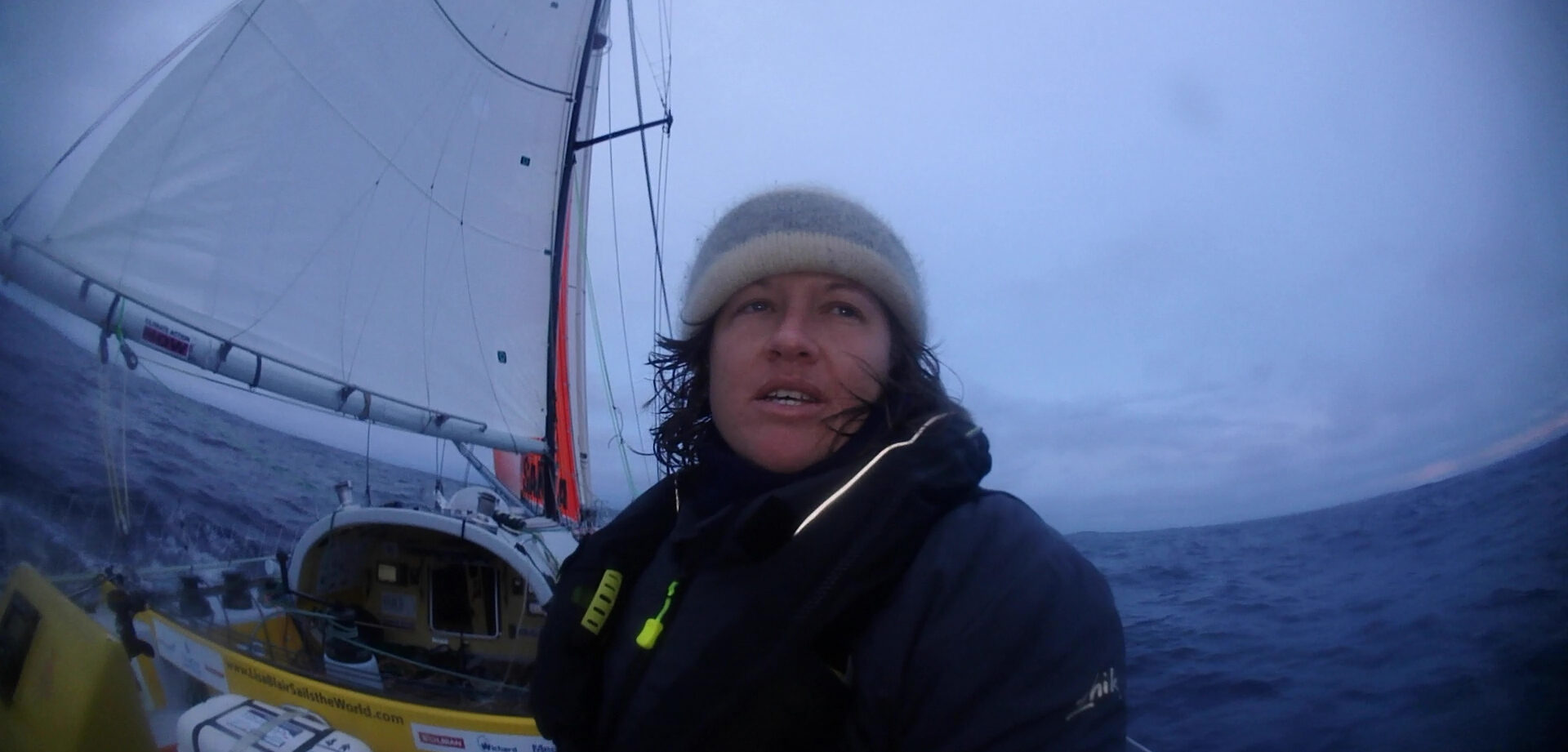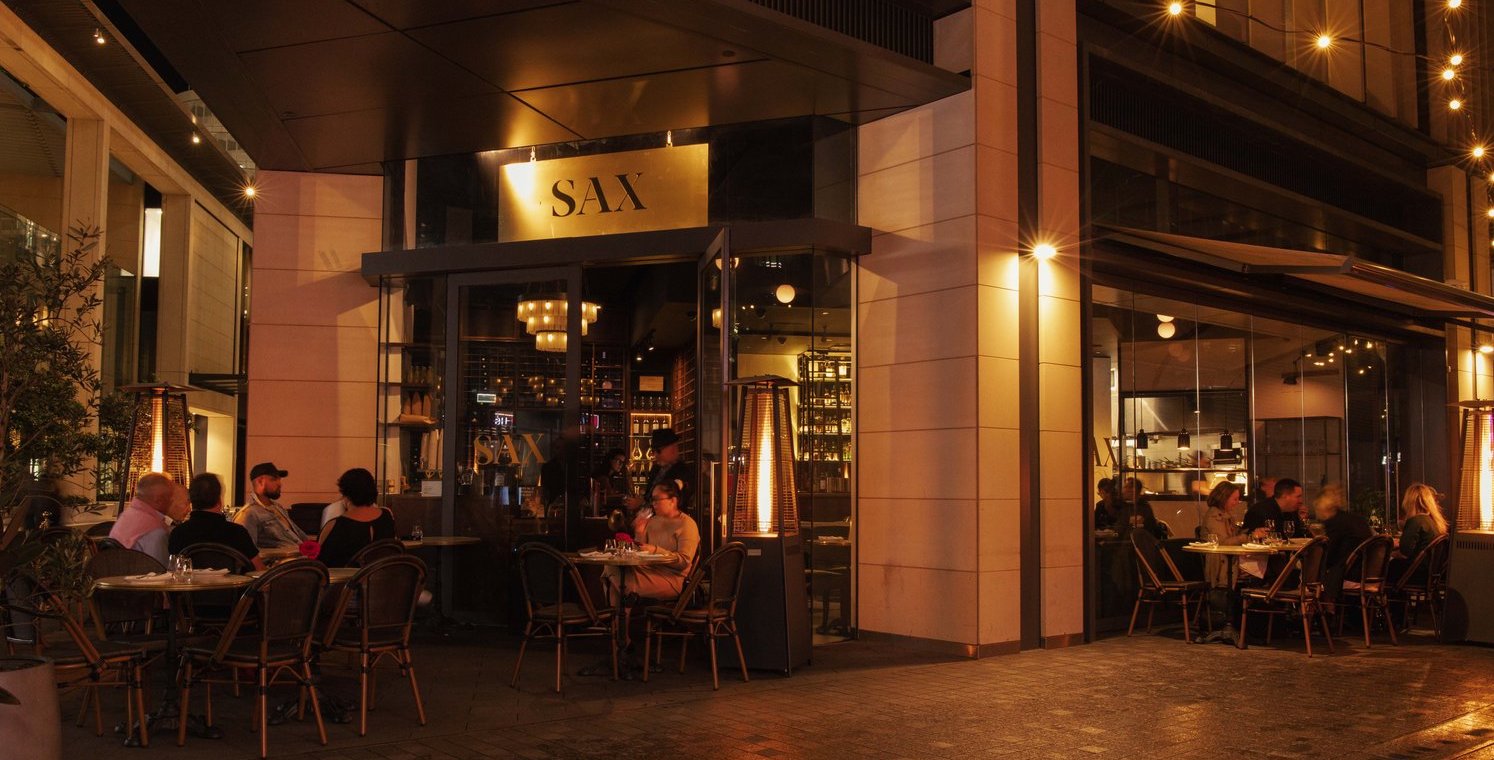
Why Aussies are choosing concerts over festivals
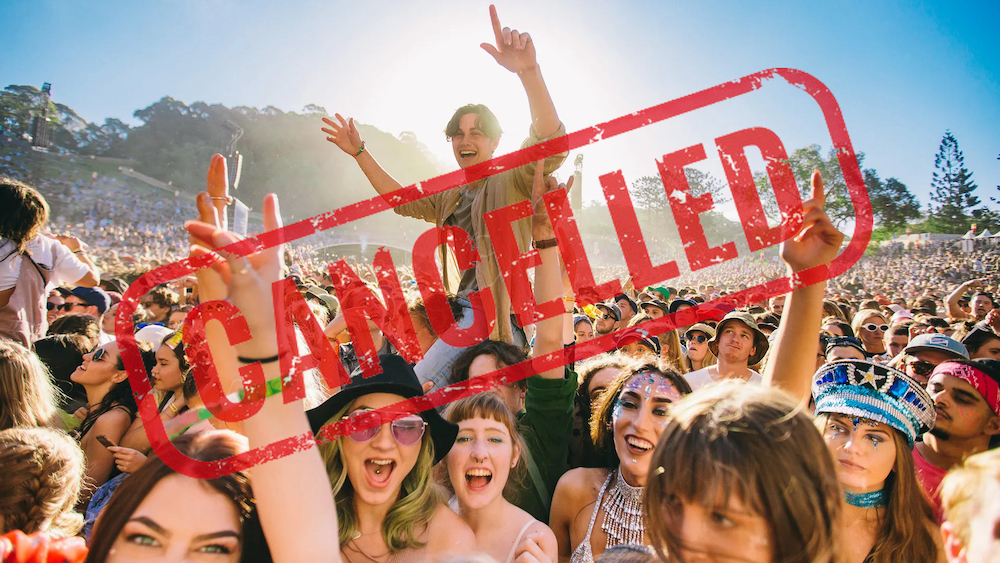
By Raquel Blankevoort
The Taylor Swift mania that swept over Australia saw more than 4 million fans try to secure tickets; and more recently, a spontaneous run of shows by popular UK artist, DJ Fred Again caused more than 1 million fans to queue online for just 100,000 tickets.
There seems to be no limit to what fans are willing to spend to see their favourite artist. However, despite this level of fervour, some of the most popular music festivals are being cancelled, or postponed.
In fact, the biggest music festival, Splendour In The Grass, has just been cancelled. Why?

A recent report released by The Conversation indicates that there are two main reasons for this staggering increase in festival cancellations. The obvious and most notable is the cost-of-living crisis resulting in poor ticket sales; the other has to do with unpredictable weather and all that entails.
Consequently, the festival scene is seeing less and less engagement from the public.
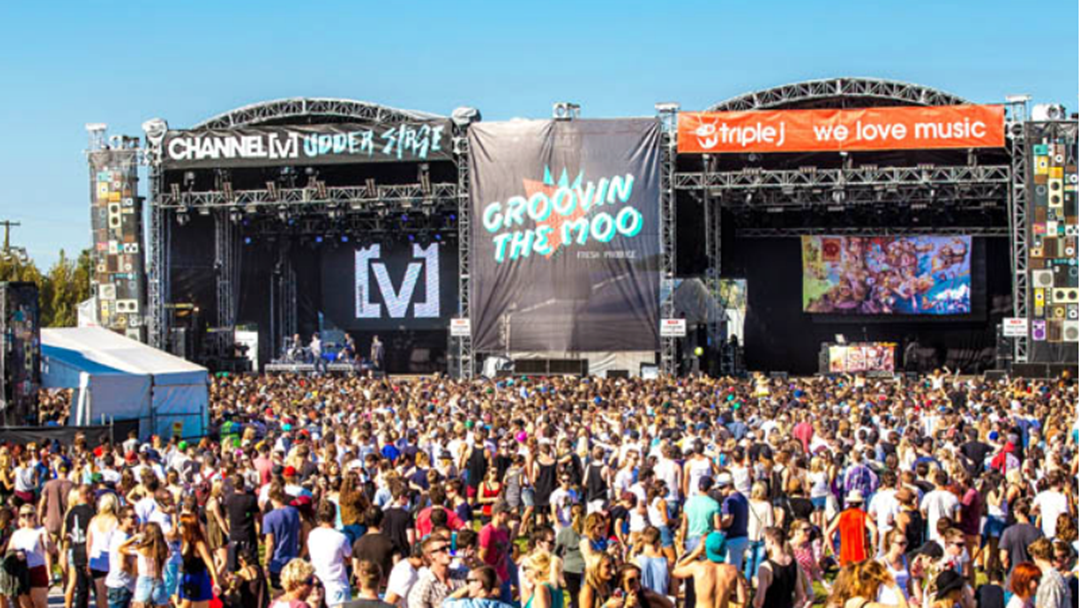
A 2022 National Arts Participation Survey highlighted some cost-of-living issues by asking 10,000 participants about their engagement with arts and creativity in Australia. One of the biggest takeaways was that half of the respondents were not attending as many music and arts events as they would like to. Respondents said that cost and location are the biggest reasons for not attending these events.
With these statistics in mind, it is no surprise that major music festivals like Groovin The Moo had to cancel their 2024 tour due to insufficient ticket sales.
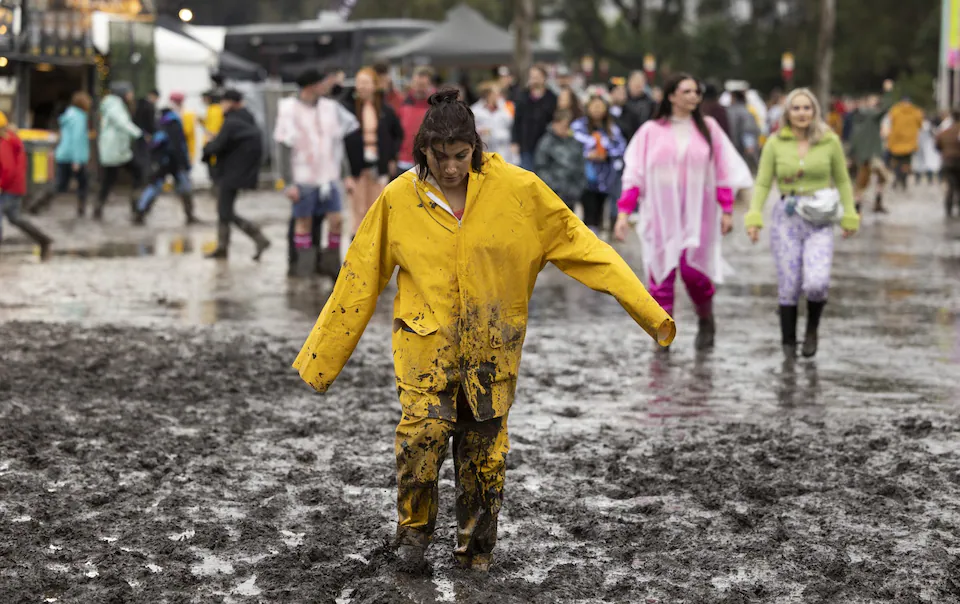
Climate is having a huge impact on large, outdoor events. Recently, due to extreme fire danger conditions, the PITCH festival in Melbourne had to be called off with festival-goers already on the grounds.
During 2022-2023, more than 22 festivals were cancelled or disrupted due to extreme weather events. This not only has an immediate financially devastating impact, but it increases insurance costs, often prohibitively, for future events.
If, in fact, there will be any future events.

